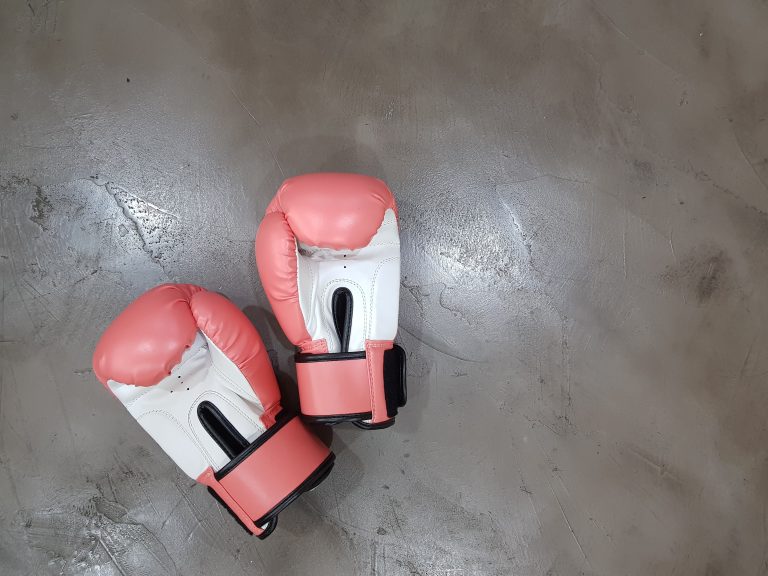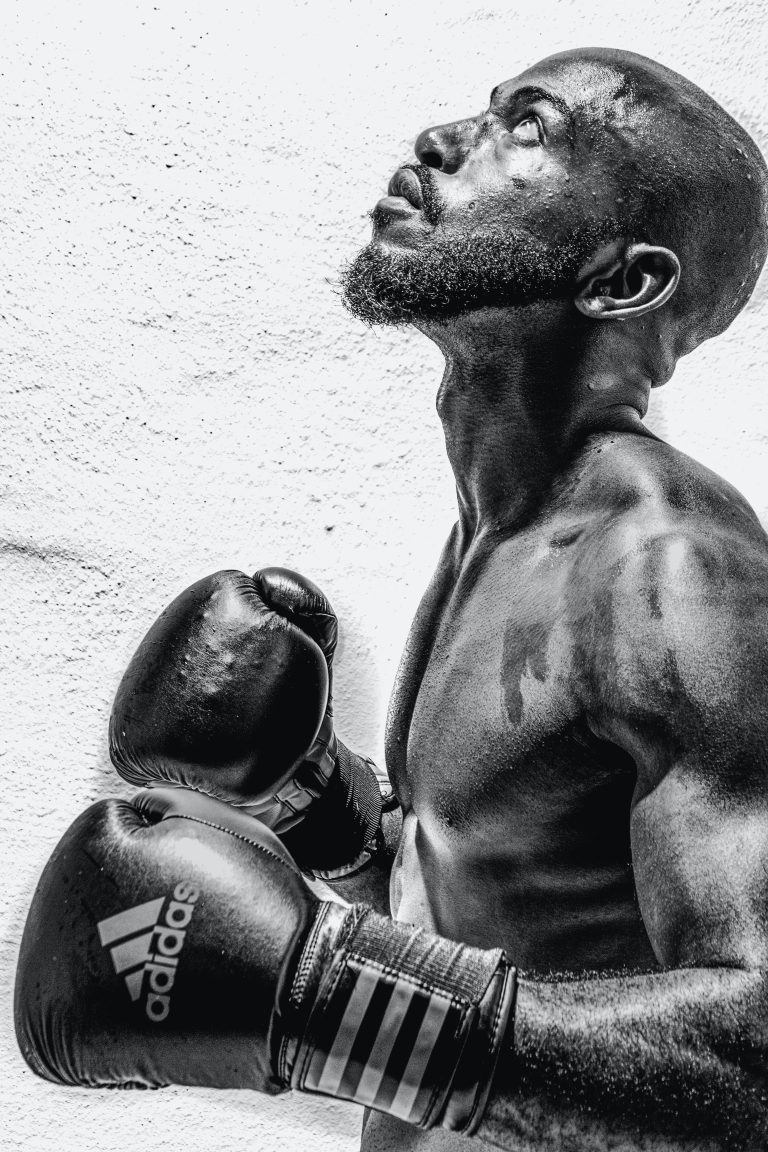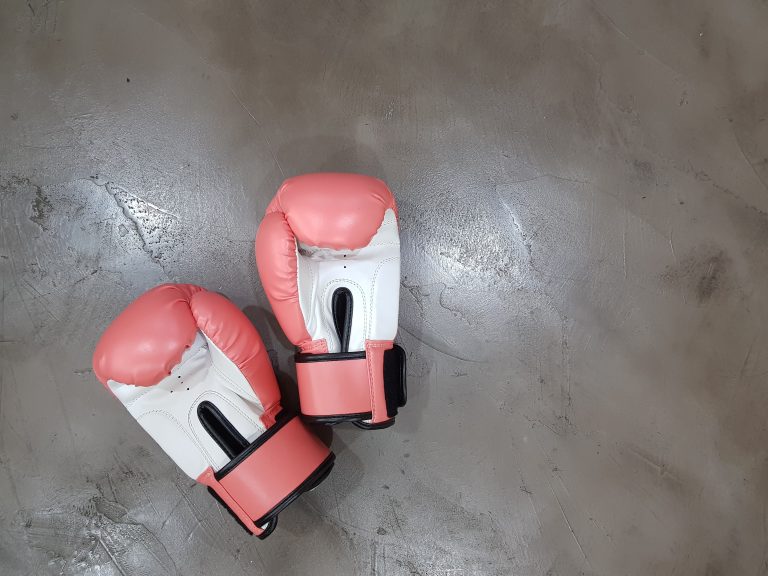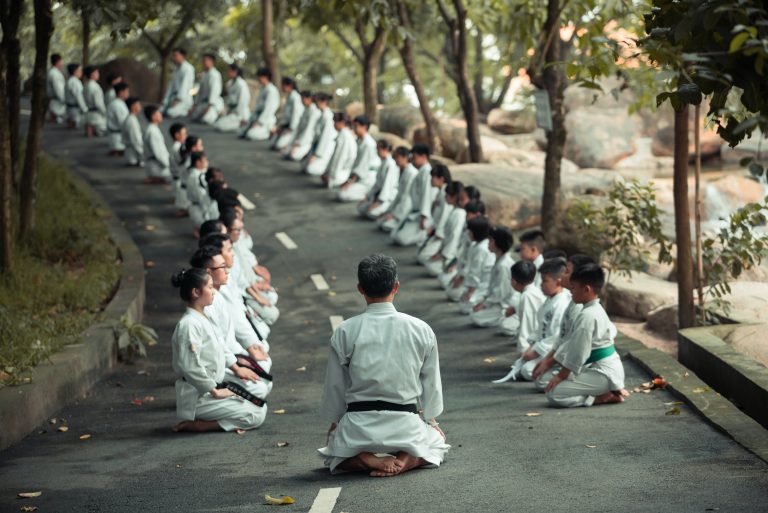Karate – How does the training affect the psyche?
Karate is a martial art that originated in Japan and is now practiced all over the world. It is known for its physical benefits, such as improved cardiovascular fitness, increased flexibility, and improved muscle tone, but it also has a significant impact on one’s mental and emotional well-being. In this article, we will explore how karate training affects the psyche.
Improved Confidence
One of the biggest benefits of practicing karate is an increase in confidence levels. This martial art teaches its practitioners to be aware of their surroundings, and they are trained to defend themselves against potential attackers. As a result, karate practitioners feel more confident and empowered, which can positively affect their mental health.
Reduced Stress Levels
Karate training requires focus, discipline, and dedication. Regular training helps to reduce stress levels as participants are required to be fully present and focused on each movement they make. The concentration needed during training can help to reduce feelings of anxiety and stress, leading to a calmer and more relaxed state of mind.
Improved Discipline
Karate training demands discipline and consistency. Practitioners must train regularly and adhere to a strict set of guidelines to improve their skills. This discipline can carry over into other aspects of their life, including work and personal relationships. Improved self-discipline can lead to a more fulfilling and successful life.
Increased Self-Control
Although karate is a physically demanding martial art, it also requires mental strength and control. Practitioners learn to control their impulses and remain calm even in stressful situations. Increased self-control can lead to healthier relationships, improved decision-making skills, and more positive interactions with others.
Greater Sense of Community
Karate training provides a sense of community that is unique to this martial art. Practitioners train together and learn from each other, creating a support system that can positively impact their mental health. This sense of community can lead to long-lasting friendships, which can further bolster one’s sense of well-being.
In conclusion, karate training offers numerous mental and emotional benefits for its practitioners. From increased confidence and reduced stress levels to improved discipline and self-control, the practice of karate can positively impact one’s mental health and overall well-being.
Karate – How does the training affect the psyche?
Karate is a martial art that involves physical exercise and mental discipline. The ancient practice has been mastered and adopted by millions of people worldwide. The sport, as well as its philosophy, is built on the core pillars of respect, discipline, and self-defense. Apart from the many physical benefits, karate training is also widely believed to have a significant positive effect on one’s psyche. In this blog post, we will explore the most frequently asked questions about the topic ‚Karate – How does the training affect the psyche?‘
What is the connection between karate and mental health?
Karate training, when done right, can have a considerable positive effect on mental health. Martial arts are designed to help students learn how to control their mind and emotions, become more disciplined, focused, and grounded. Karate, in particular, promotes mindfulness, which helps students pay attention to their thoughts and emotions. Karate practice can help improve mental health by:
- Reducing stress and anxiety
- Increasing levels of happiness by releasing endorphins
- Improving cognitive function by increasing blood flow and oxygen to the brain
- Providing a sense of community and social support
- Inculcating the values of respect, discipline, and self-awareness
Can karate help with anger management?
Yes, karate can certainly help with anger management. Karate involves controlled movements, breathing techniques, and self-reflection, all of which can help one manage and control their emotions better. Through regular practice, students can learn how to remain calm in stressful situations and manage their emotional responses. Karate training can also help students increase their self-esteem and self-confidence, which in turn can reduce negative emotional responses.
Can Karate help with ADD/ADHD?
Karate has been shown to be helpful for children diagnosed with ADD/ADHD. The controlled movements and breathing techniques used in karate can help children channel their energy and improve focus. Karate training involves a lot of routines, patterns, and memorization, which can help children with ADD/ADHD to stay focused and organized. Karate can also help children become more self-aware, self-confident, and disciplined.
Can karate help with depression?
Karate training can help with mild to moderate depression symptoms. Physical exercise increases levels of endorphins, which are often described as „feel-good chemicals.“ These endorphins can help boost mood and improve overall well-being. Additionally, karate training can provide a sense of community, support, and belonging, which can be particularly beneficial for individuals with depression.
What are the mental benefits of karate for kids?
Karate is an excellent practice for kids for many reasons, including the mental benefits it offers. Karate training can help kids:
- Become more self-disciplined and self-aware
- Increase self-confidence and self-esteem
- Develop better focus and attention
- Learn how to manage stress and anxiety
- Inculcate the values of respect, discipline, and teamwork
How does karate help with self-control and decision making?
Through regular practice, karate students can develop better self-control and decision-making skills. Karate trains students to focus their minds and stay present in the moment, helping them to make more rational, well-informed decisions. Karate also teaches students how to control their impulses and react to situations calmly and thoughtfully, which can be particularly helpful in high-pressure situations.
Can karate be used as a form of therapy?
Yes, karate can be used as a form of therapy. Some psychologists and psychotherapists have adopted karate as an adjunct form of therapy for several reasons. The controlled movements and breathing techniques used in karate training can be particularly helpful for individuals recovering from trauma or dealing with anxiety and depression. Additionally, karate provides a sense of community and connection, which can be particularly beneficial for those dealing with loneliness or isolation.
Conclusion
Karate is more than just a physical exercise, it is a way of life that can provide many mental and emotional benefits. It promotes discipline, respect, and self-defense, and supports mindfulness, self-reflection and focus. It is a practice that can help with anger management, depression, ADD/ADHD, and other mental health-related issues. With all these benefits, you can understand why karate is a popular practice adopted by millions worldwide.
Inhaltsverzeichnis






